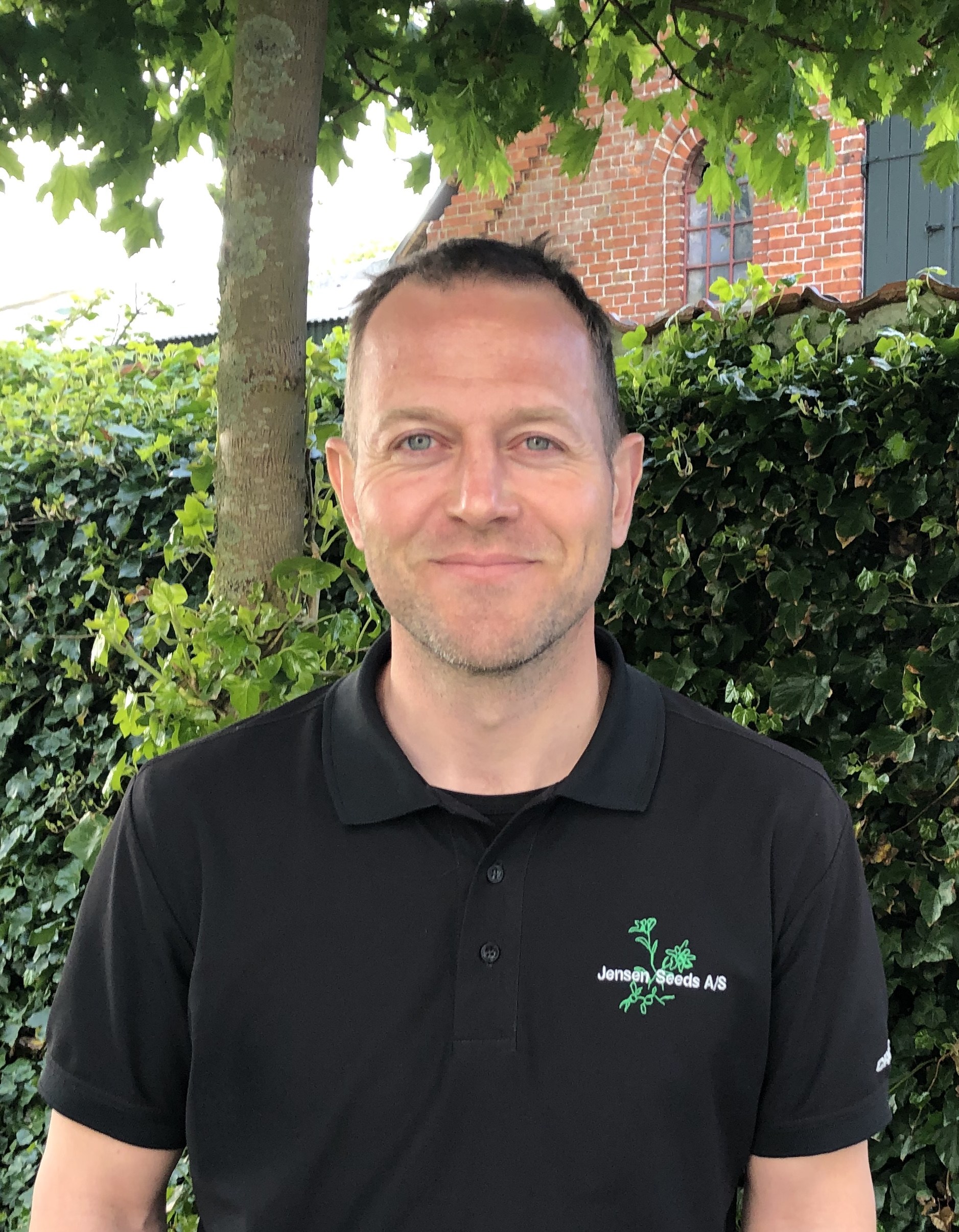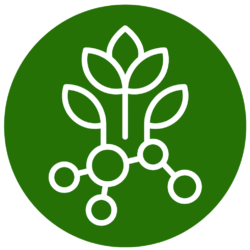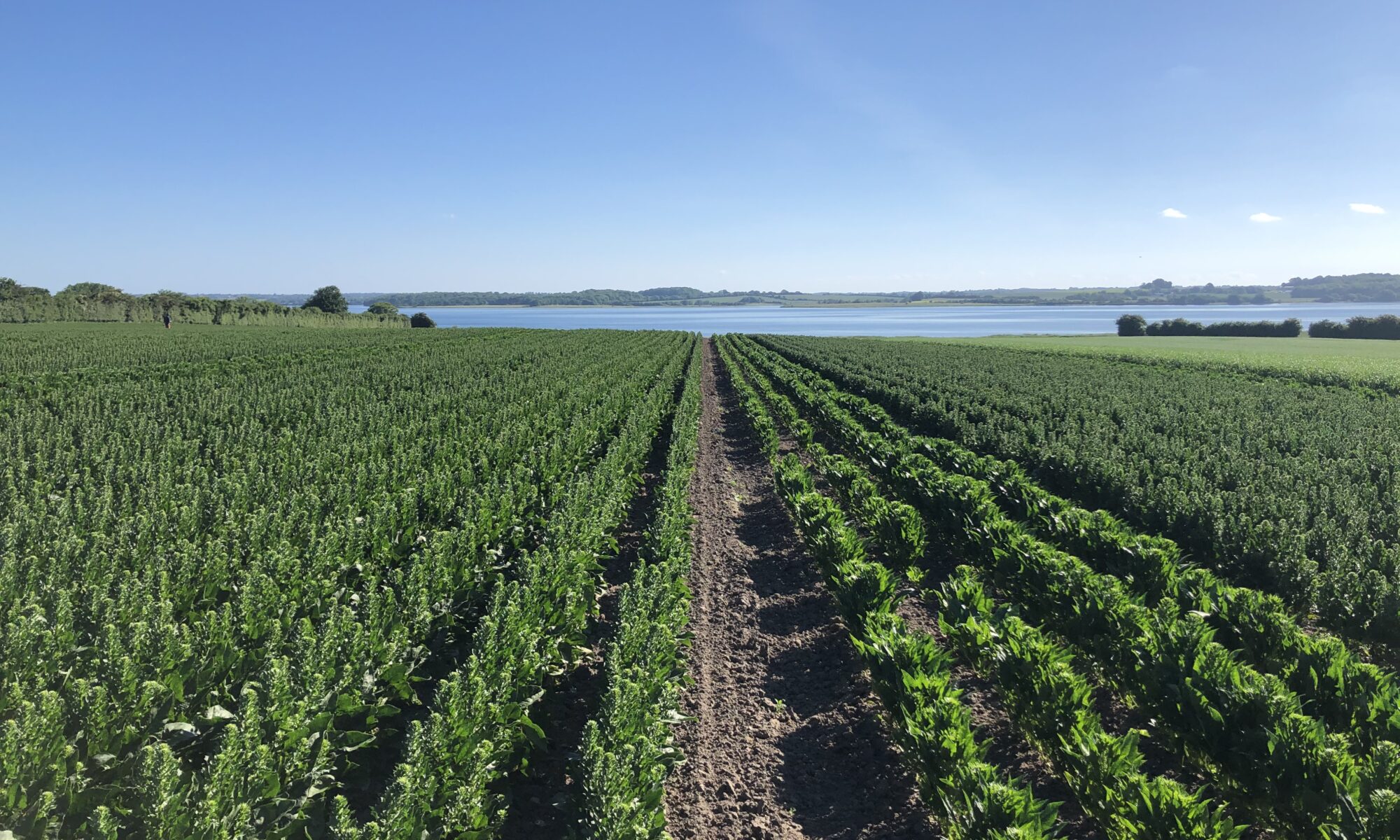In 10 years’ time, we won’t be able to use herbicides the way we use them now. That’s what Morten Bang from the Danish company Jensen Seeds predicts. This poses a big challenge for seed production companies. How do we protect plants from diseases if we can’t rely on the weed killers we know? Morten hopes to find answers to these questions and more through Seedshift.
Fieldlab Seedshift Steering Committee
 Morten Bang is part of the Seedshift steering committee. He’s been with Jensen Seeds for 12 years, working in seed production for 7 of those. Morten’s upbringing on a farm coupled with his background in agronomy affords him keen insight into the multifaceted realm of vegetable cultivation. Through Seedshift, he aims to harness collective industry forces to confront the challenges of tomorrow.
Morten Bang is part of the Seedshift steering committee. He’s been with Jensen Seeds for 12 years, working in seed production for 7 of those. Morten’s upbringing on a farm coupled with his background in agronomy affords him keen insight into the multifaceted realm of vegetable cultivation. Through Seedshift, he aims to harness collective industry forces to confront the challenges of tomorrow.
“There’s no single herbicide that eradicates all weeds while sparing the plant. So, even with our current herbicidal arsenal, challenges persist. Overuse weakens plants, while underuse invites disease. Spinach in particular, being Jensen Seeds’ main focus, stands as a vulnerable crop, amplifying the imperative to seek out natural alternatives.”
As for what these alternatives might be, Morten isn’t sure yet. He states: “I don’t think fully organic production is possible. At the moment, organic growers benefit from others using pesticides. If no one uses them anymore, fungi and insects could become a big problem. The pressure on seeds would be very hard to manage.”
So, where do we find a sustainable solution? Morten thinks using certain bacteria and biostimulants could help in the near future. “By using natural solutions wisely, we can balance crops. It’s about working with nature, not against it.”
Producer manual
Seedshift has given Jensen Seeds a chance to learn and share knowledge in this area. Morten explains why they got involved: “Most growers recognize the imperative to reduce herbicide use, yet in practice, they cling to traditional methods, averse to risking failed harvests. If Seedshift can demonstrate successful production with fewer herbicides, adoption of these changes becomes more plausible.”
One idea Morten suggests is creating a producer manual. He continues: “It’s a way to share knowledge. Every situation and every harvest is different, but I hope we can give guidance for the best approach in different situations. This way, we demonstrate to growers the feasibility of environmentally conscious production without jeopardizing yields – and thus, profits.”
Competitors and cooperators
Following its inception, Seedshift has commenced initial experiments. Morten reflects on the collaboration thus far: “We’re having interesting discussions. Hearing what other companies do in different places is enlightening. What’s particularly striking is the mutual trust. Even though we’re competitors in some respects, we’re working together for solutions that benefit us all. I’m hopeful more companies will join us, broadening the scope of knowledge dissemination.”
We thank Morten for sharing his insights about open innovation within the seed industry. For further information on Seedshift, please contact David de Witt (info@hellonewday.nl) and follow us on LinkedIn: Fieldlab Seedshift.

